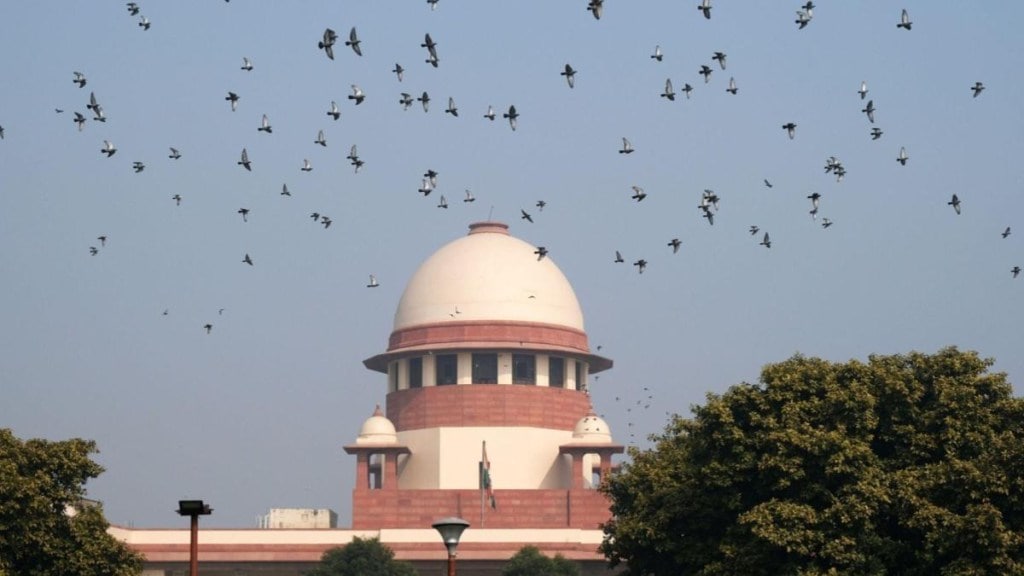By Sanjeev Nayyar, Senior chartered accountant and founder, www.esamskriti.com
In the wake of cash being found at the house of a former Delhi High Court judge, the Supreme Court (SC) recently announced that all judges would declare their assets.I visited the SC website on April 16 and found this statement, “The Full Court of the Supreme Court of India had resolved that Judges should make a declaration of their assets on assuming office and whenever any acquisition of a substantial nature is made, to the Chief Justice. This also includes declaration(s) by the Chief Justice of India. Placing the declaration of assets on the Supreme Court website will be on a voluntary basis.” As many as 30 judges had made their declarations. Unlike earlier, I could not find any PDF file of the declaration on the website in the “Assets Judges” section.
This expression of intent might seem like a positive change. But is it so? Let us look at the background of asset declaration. In 1997, a full court meeting of the SC resolved that “every judge should make a declaration of all his/her assets in the form of real estate or investments (held by him/her in his/her own name or in the name of his/her spouse or any person dependent on him/her) within a reasonable time of assuming office, and thereafter whenever any acquisition of a substantial nature is made, it shall be disclosed within a reasonable time”.Hindustan Times reported, “On September 8, 2009, the Supreme Court clarified that while judges were encouraged to declare their assets publicly, it would not be mandatory.”In October 2017, 14 out of 25 SC judges declared their assets.
The number in June 2021 was one out of 25, and in April 2019 it was seven out of 25.If the assets and liabilities of the Union council of ministers (2013-14) are in the public domain, why not that of SC judges? Business Standard reported this month that only 12% of all judges across high courts and the SC have declared assets. While researching for an earlier article, I had visited the SC website in March 2023 and found no voluntary declarations.
The reason is that the disclosure of any personal information under the Right to Information Act will be decided on a case-by-case basis and after assessing whether it serves public interest. Personal information includes assets and liabilities of judges. Alok Prasanna Kumar, senior resident fellow at the Vidhi Centre for Legal Policy, wrote in Hindustan Times: “The respondent Subhash Chandra Agarwal, asked … do judges of the SC declare their assets as they undertook to in accordance with a 1997 resolution? That this question was itself so strenuously resisted tells you about the court’s approach to transparency then and now.
Even after the Central Information Commission and two benches of the Delhi High Court agreed that the CJI’s office should be required to answer this question, it is only now, more than 10 years later, that a definitive answer has come from the court: Yes, it must.”Should the government of India make declaration of assets mandatory for all those who receive salary/pension from the Consolidated Fund of India? While the jury is out on it, here are some proposed guidelines for declaration of assets and liabilities by judges of the SC and high courts. The declaration should pertain to the judge and his or her spouse. It should be dated, and signed by judge and given to the Chief Justice of India (CJI) within 60 days of appointment.
The declaration should mention the date on which appointment was notified by the central government. It should be filed every three years, and remove subjectivity like “any acquisition of a substantial nature is made to the Chief Justice”. For immovable assets, it should specify acquisition price and current market price. Where property is inherited, it should say so against each asset. Assets should be classified under movable and immovable properties. The declaration should have a separate column for cash in hand. The format for declaration should be standardised across the apex and high courts.
The declarations should be uploaded on SC/high court websites within 30 days of receipt by the CJI. If declaration is not seen on the court websites within 180 days of appointment, the judge concerned shall voluntarily resign. Judges can appeal to the SC collegium to reconsider resignation if the delay is not due to their negligence. If the SC collegium decides to reappoint a judge, it shall be treated as a fresh appointment for deciding seniority, pension, etc. These are humble suggestions from an aam aadmi. Can the independence of the judiciary be a reason for not disclosing details of judges’ assets? In public life, perception is as important as reality. Thus, it is imperative for the judiciary to be perceived to be above board.
PS: The purpose of this article is to provoke thought and not cast aspersions on the judiciary. If there is any error, it is inadvertent and not intended to defame any individual judge or the judiciary at large.

